
OPEC Meeting Leading to Higher Oil Prices
This week, the Organization of the Petroleum Exporting members are expected to announce the extension of the agreement that limits oil production. This means that the global oil supply would continue to be decreased by 2%.
On Thursday, the national energy ministers of two dozen OPEC countries, along with some non-OPEC nations are set to meet.
“After days of talks, Moscow and Riyadh now agree they should announce an additional period of cuts at the Nov. 30 meeting, the people said, asking not to be named because the conversations are private,” writes Bloomberg.
While the majority believe that the extension would ensure more oil profits, some are concerned that it will lead to an increase in oil prices and then potentially depress the demand for crude.
Brent crude oil is already up by over 20% in the last three months, U.S. crude oil is at its highest closing level since June 2015.
“There’s actually a chance the market will over-tighten and prices go close to $70 soon,” said Doug King, chief investment officer of the Merchant Commodity hedge fund to WSJ. “But they are also vulnerable if they don’t extend, that will spook the market.”
Evidently, the decision to cut production last year has had a significant impact. Oil investors are concerned that the organization is overdoing it.
“I’m used to OPEC not doing enough,” said Rainer Seele, chief executive of oil company OMV AG. “Now they are over-delivering.”
However, this agreement doesn’t stop other oil producers who are not OPEC members from overcompensating.
“Higher prices could also incentivize U.S. shale producers to ramp up drilling, raising the prospect of a flood of new oil that could depress the market. American producers seem already to be taking advantage. After falling for much of the past three months, the number of rigs drilling for oil rose by nine to a total of 747 this past week, according to oil-services company Baker Hughes,” writes the Wall Street Journal.
So the agreement could ultimately backfire on the members.
Some of the producing countries like Saudi Arabia are especially invested in the extension of this oil production cut.
“Saudi Arabia, OPEC’s most powerful member, has advocated for extending the production cuts for another nine months, through the end of 2018. The kingdom needs higher prices as it plans an initial public offering of the state-owned Saudi Aramco, the world’s biggest oil-producing company. The IPO is the centerpiece of a plan to transform the kingdom’s economy, lessening its dependence on oil and developing the world’s largest sovereign-wealth fund to create new industries,” writes the WSJ.
“Because of this vulnerability, we believe the kingdom, and more importantly Mohammed bin Salman, needs strong oil revenues — and hence higher oil prices — to ensure he stays in power,” said Amrita Sen, chief oil analyst at Energy Aspects Ltd to Bloomberg Businessweek.
Both Saudi Arabia and Russia have been advocating for the extension. Russian President Vladimir Putin spoke to Saudi King Salman bin Abdulaziz on November 21, where the leaders “emphasized the importance of further coordination between Russia and Saudi Arabia in the global hydrocarbon markets.”
“The goal to re-balance the market hasn’t been met in full yet, so everyone is in favor of extensions to reach final goals, Russia also supports these proposals,” said Energy Minister Alexander Novak in an interview with RBC television last Friday. “Different options are considered now, we will discuss details at the Nov. 30 meeting.”
Russia’s President has quickly become one of the most influential players.
“Putin is now the world’s energy czar,” said Helima Croft, managing director and chief commodities strategist of RBC Capital Markets, LLC.
The countries are still negotiating on the terms.
“OPEC and non-OPEC countries are discussing several formulas to accommodate the Russian demands, including linking the cuts to the supply-demand balance on the global oil market, or the level of fuel inventories in industrialized countries, the people said. Another option is making a clear reference to the fact that the deal could be reviewed again early next year, including the possibility of calling another meeting,” writes Bloomberg. “Whatever OPEC and Russia agree, the countries will have an opportunity to review their deal again in mid-2018, as OPEC will probably hold a regular ministerial gathering then.”
Author’s note: We have said this before. OPEC is just trying to force up the price of oil, which is only going to lead to higher gas prices for us. It’s ridiculous that the OPEC and Russia can get away with this. If these were companies in the U.S. they would go to jail due to the anti-trust laws for price fixing. But since this is on an international scale, they are getting away with it.


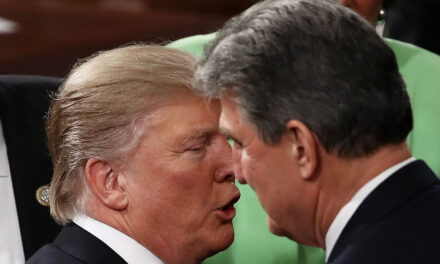
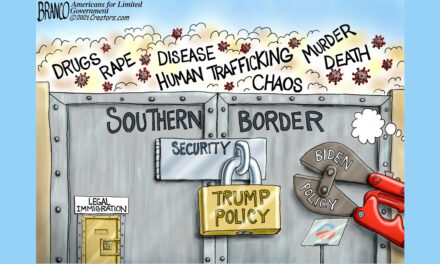
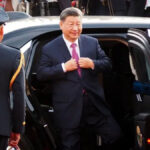








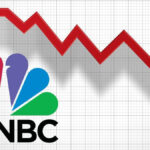


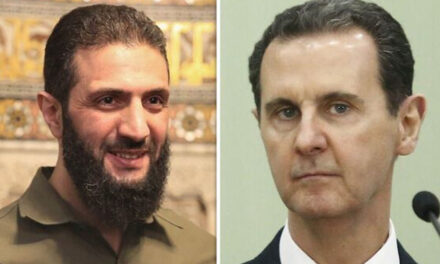



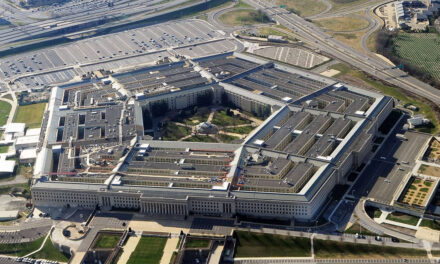



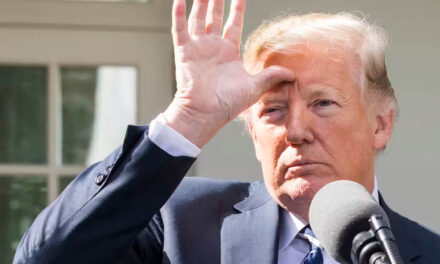
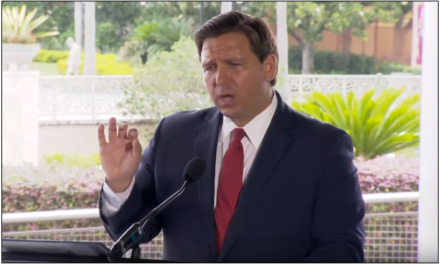

If ya'll say so, E.D., then it must be so. MSNBC vs PBP challenge and compare. Scandals, they pop up…
Whoops, I meant Robert.
I was referring to Roger being mentally unhinged. He's the one that was ranting. Hell, I support Trump. I don't…
Your daughter
I noted in another post that if I were king of the forest....... I would pardon all the non-violent 1/6…